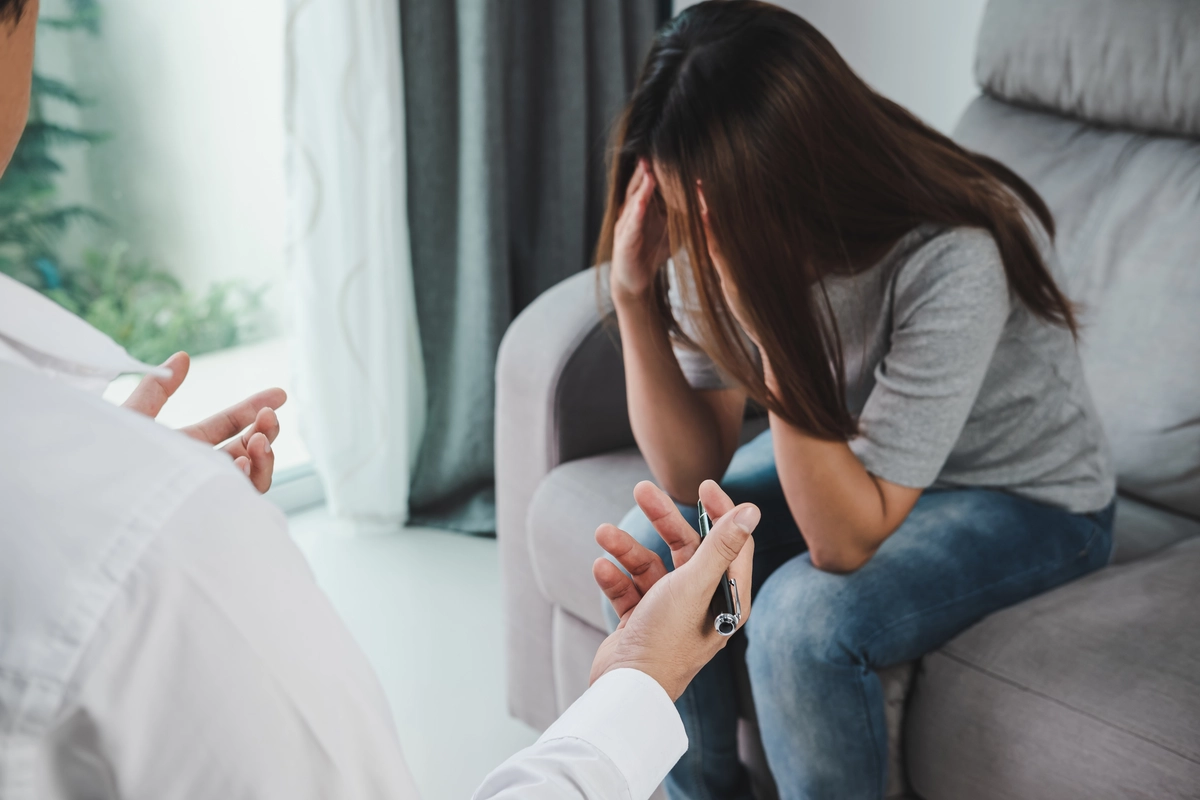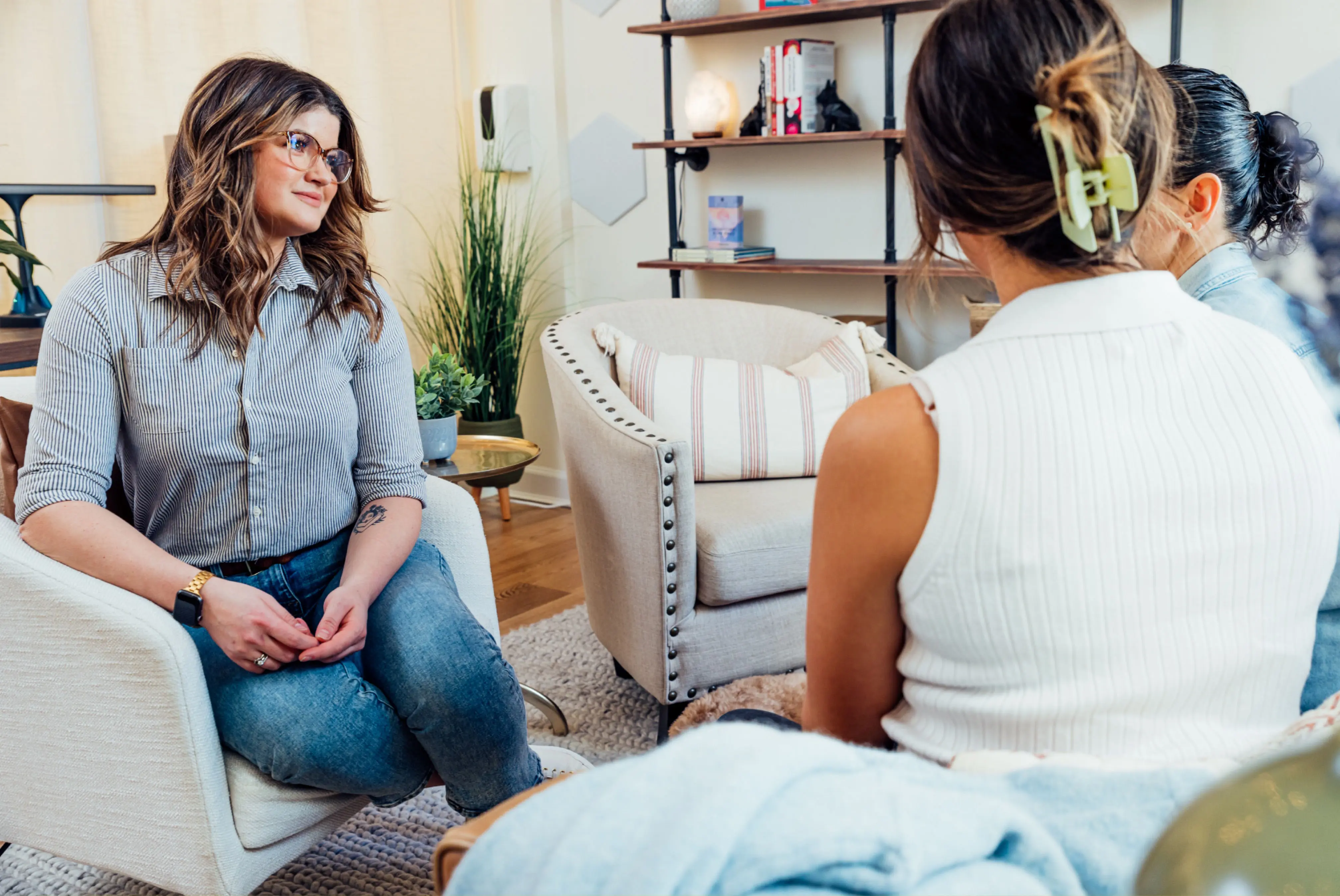24/7 Helpline:
(866) 899-221924/7 Helpline:
(866) 899-2219
Learn more about Klonopin Rehab centers in Excelsior Springs

Other Insurance Options

Oxford

Private insurance

BHS | Behavioral Health Systems

EmblemHealth

MHNNet Behavioral Health

Amerigroup

Evernorth

Humana

Ambetter

Magellan Health

Cigna

Lucent

Sutter

Providence

UnitedHealth Group

Highmark

WellPoint

Excellus

Meritain

United Health Care

Northland Dependency Services
Northland Dependency Services is a private rehab located in Excelsior Springs, Missouri. Northland D...


South Central Behavioral Services – Outpatient
South Central Behavioral Services (SCBS) is a Community Behavioral Health agency providing mental he...

South Central Behavioral Services – Unity House
South Central Behavioral Services - Unity House is a structured setting where an individual can prac...



















































Advanced Psychiatric Care
Advanced Psychiatric Care is a private rehab located in Kearney, Nebraska. Advanced Psychiatric Care...

AlAnon
AlAnon is a non-profit rehab located in Kearney, Nebraska. AlAnon specializes in the treatment of al...

Richard Young Behavioral Health
Richard Young Behavioral Health is a behavioral health and addiction treatment center for adults and...

Saint Francis – Alcohol and Drug Treatment Center
Saint Francis – Alcohol and Drug Treatment Center is a private rehab located in Kearney, Nebraska. S...

Lamplighters Club
Lamplighters Club is a non-profit rehab located in Missouri City, Texas. Lamplighters Club specializ...
























